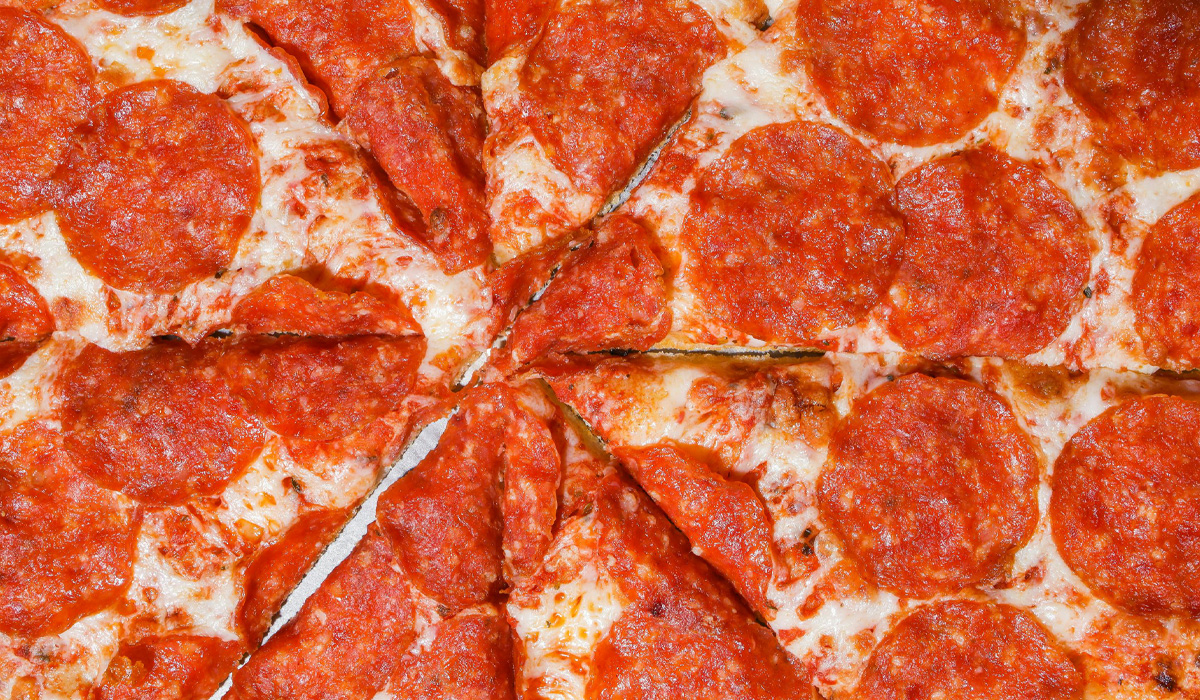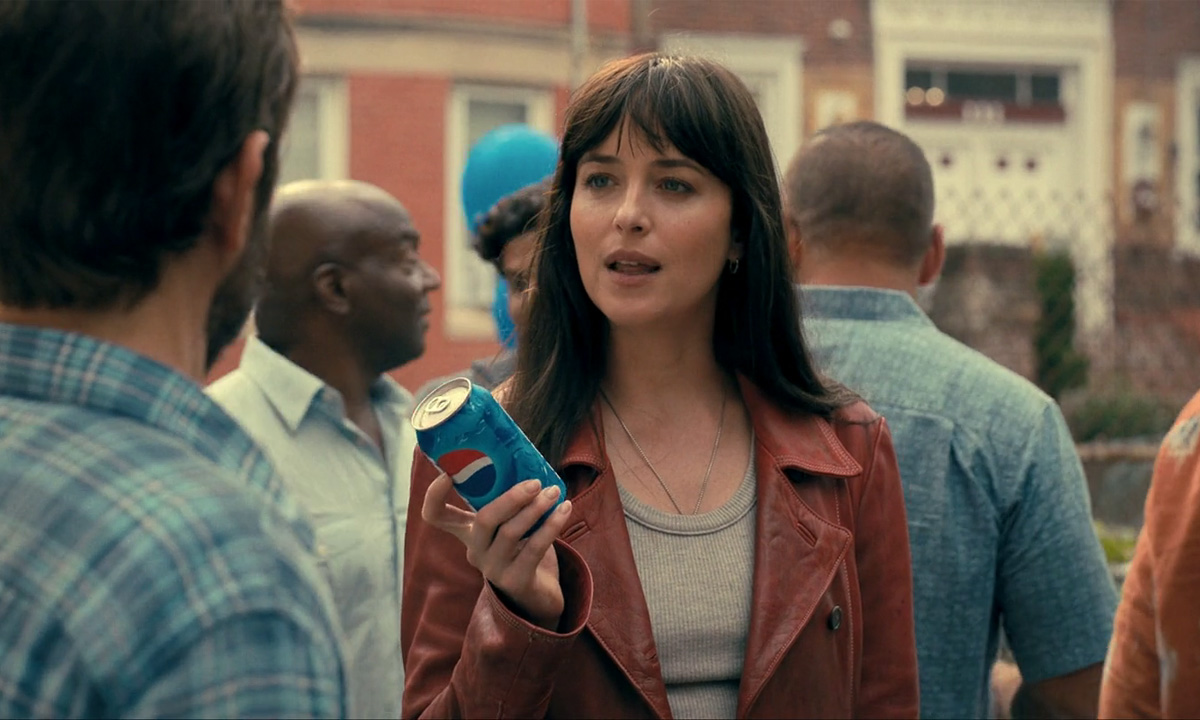When money feels tight, everything changes fast. Suddenly, every purchase has to earn its spot. Essentials? Maybe. Treats? Sometimes. Luxuries? Ghosted. If your brand doesn’t fit where they’re looking, good luck.

There’s a New Wall Street Guru on the Block
Shopping right now feels more like speed dating than a grocery run. Essentials get a second date. Treats get a flirty maybe. Everything else? Ghosted. With the economy cooling and wallets tightening, if your brand’s still selling fantasy instead of value, you’re already losing the match.

Frozen Dreams
During economic downturns, patterns always emerge. One clear signal? The frozen pizza phenomenon. Forget Wall Street — what’s happening in the frozen aisle might be a better indicator of where consumer confidence really stands. It’s a reminder: when habits shift, brands must too.
Under pressure, buyers need an emotional reason now — and it better feel good fast. Smart brands are already adapting. They’re reframing products into essentials or justified treats. They’re repositioning around immediate value, not someday status — and making the “yes” feel easy.

Help on Aisle 3
In past downturns, Nike shifted from selling athletic dreams to spotlighting resilience, community, and finding strength at home. Today, brands like Hims & Hers are framing self-care as an everyday essential — not a luxury, but a smart, necessary investment in yourself.
Here’s the new playbook:
- Reveal: Break down the value, fast and clear. Smart buyers need proof.
- Reframe: Turn your product into a smart choice or a needed win.
- Reposition: Stop selling the future. Start selling what they get today.
Reality Check
Shoppers don’t just want to save — they want to feel smart about every dollar they spend. A downturn isn’t a time to slow down. It’s a chance to outmaneuver slower brands, rewrite the rules, and build the loyalty that wins when the market comes back swinging.



